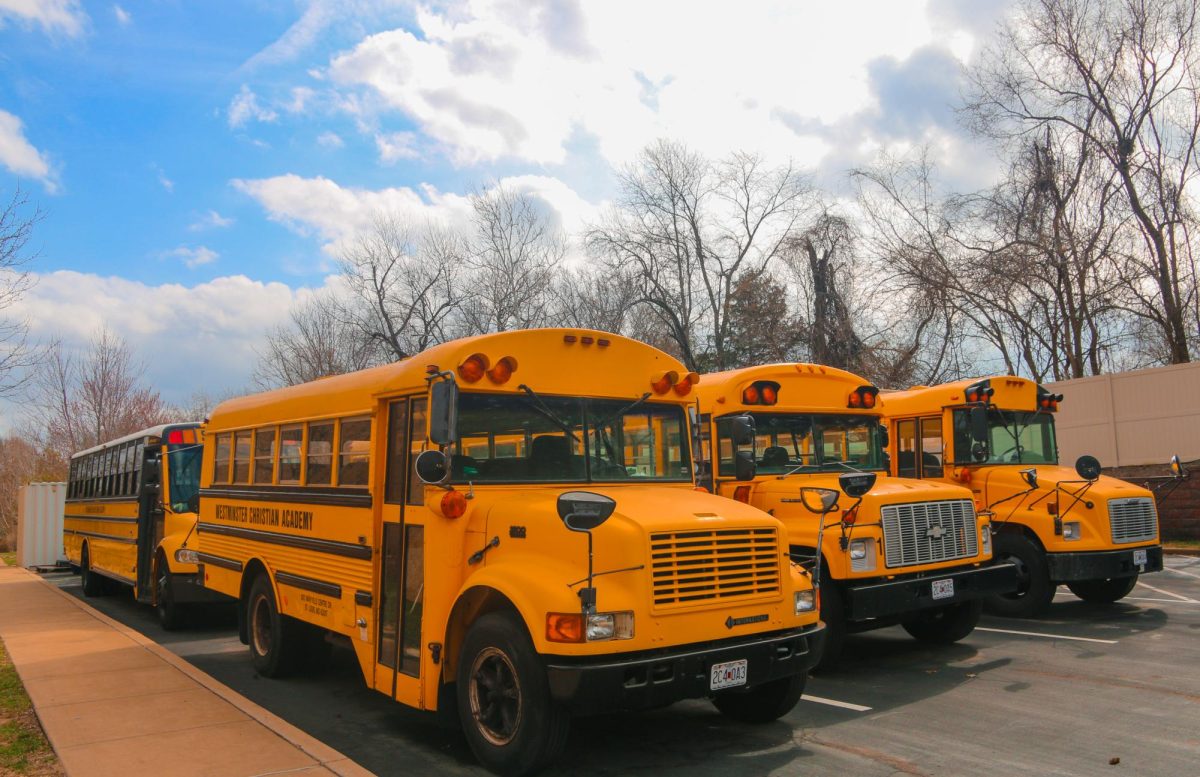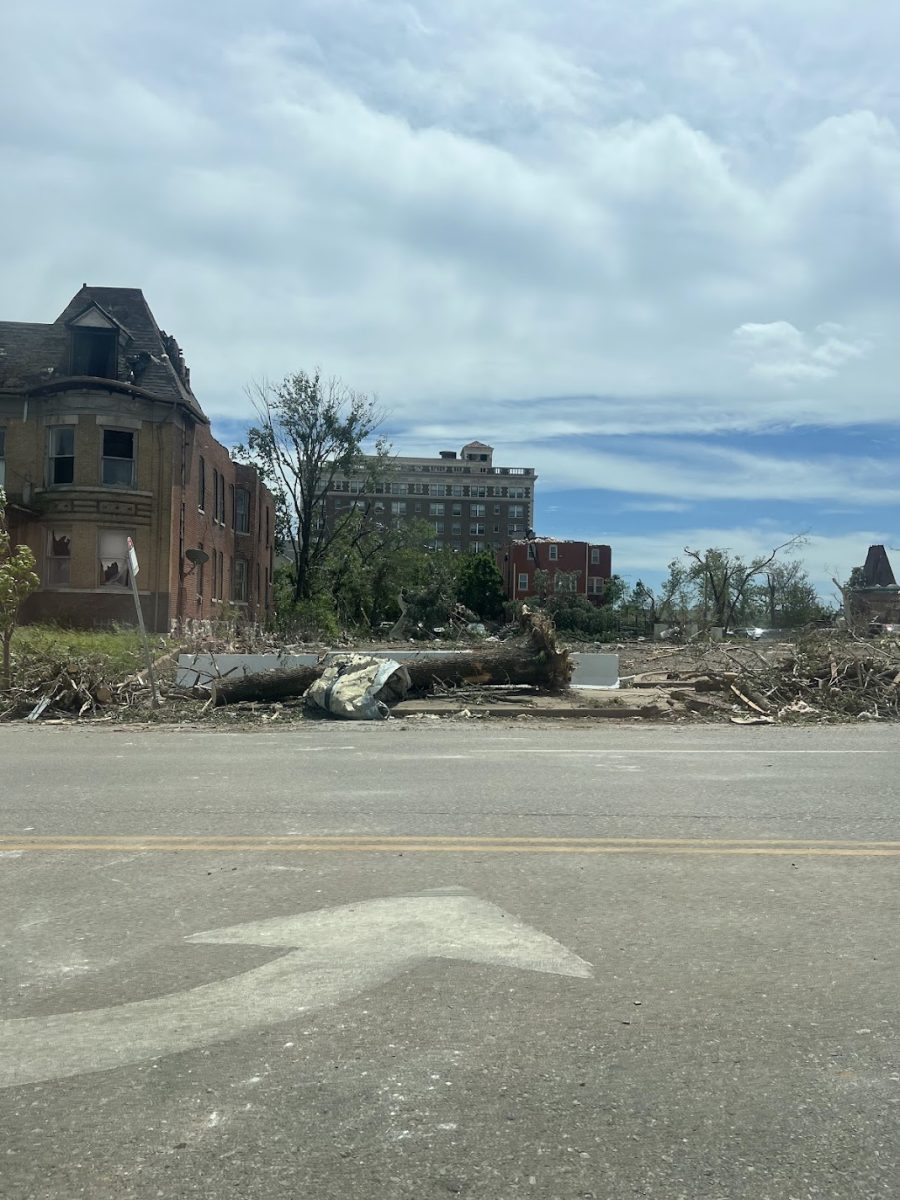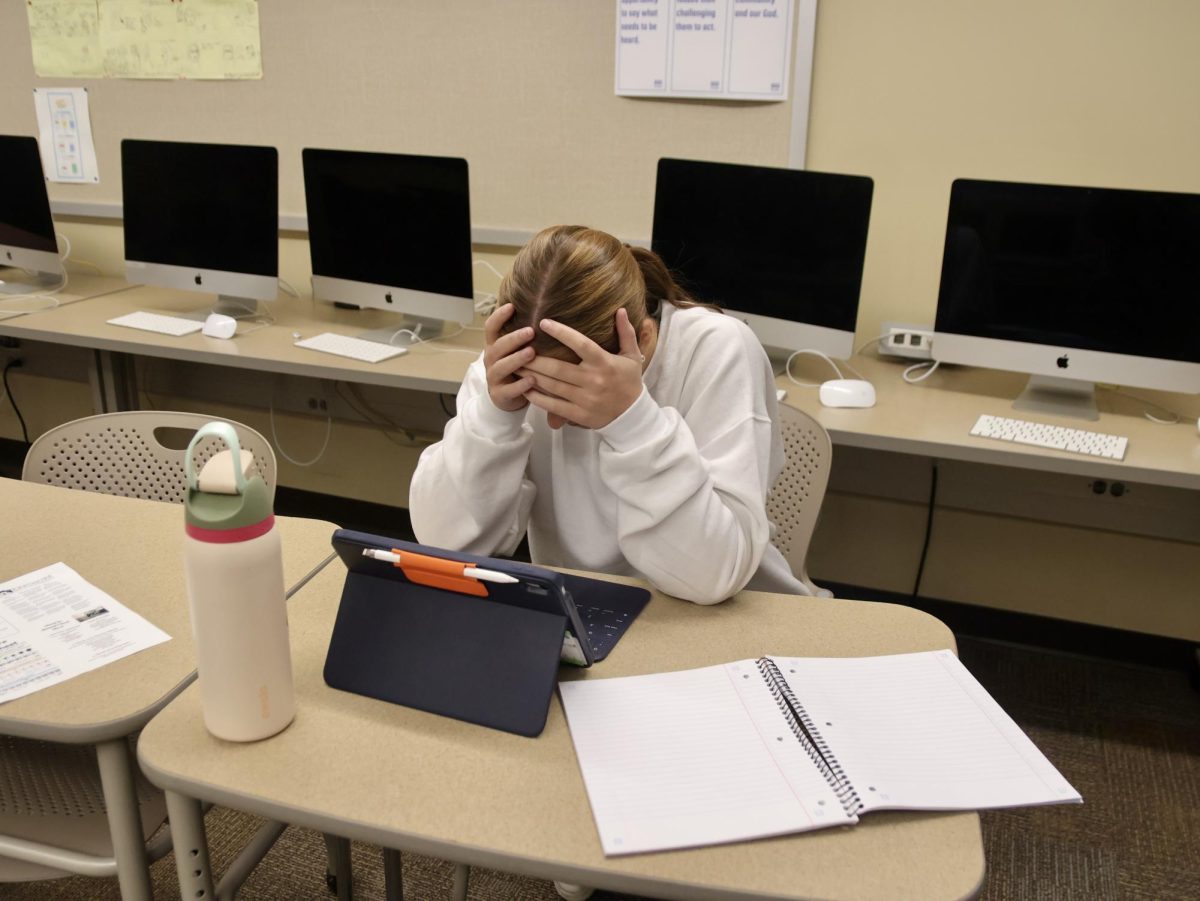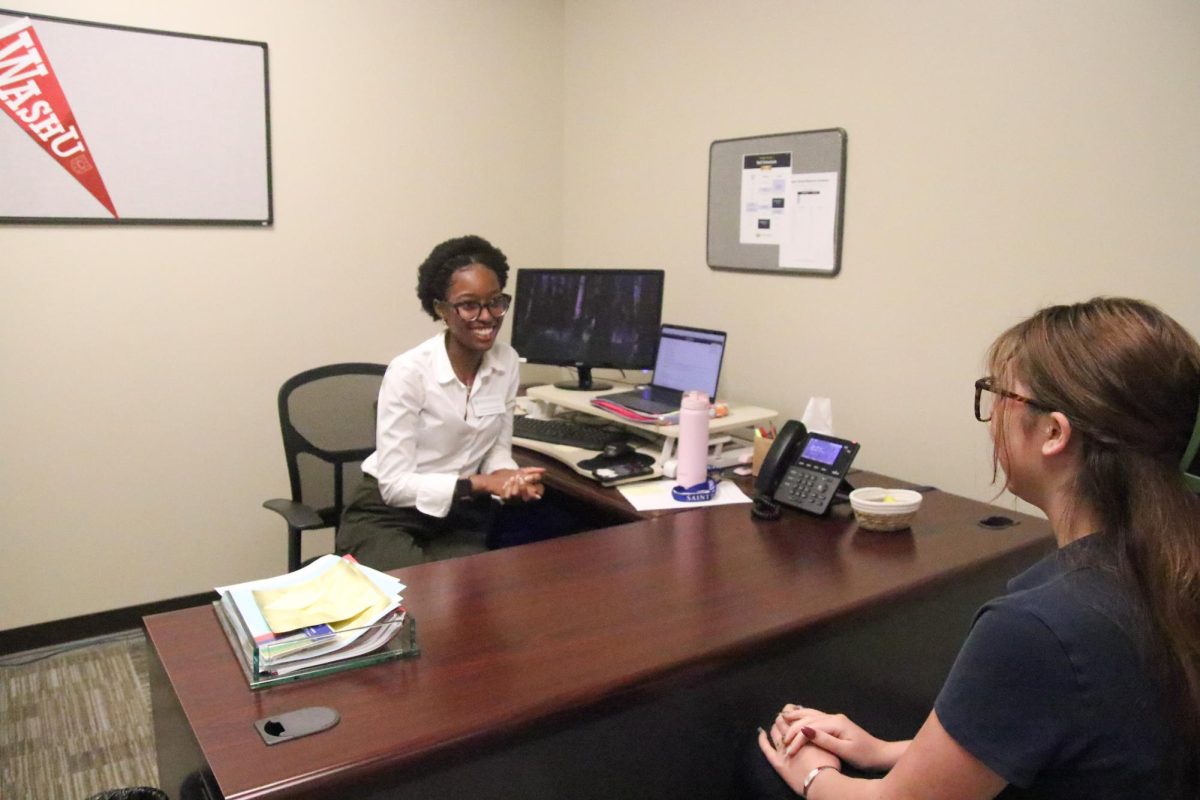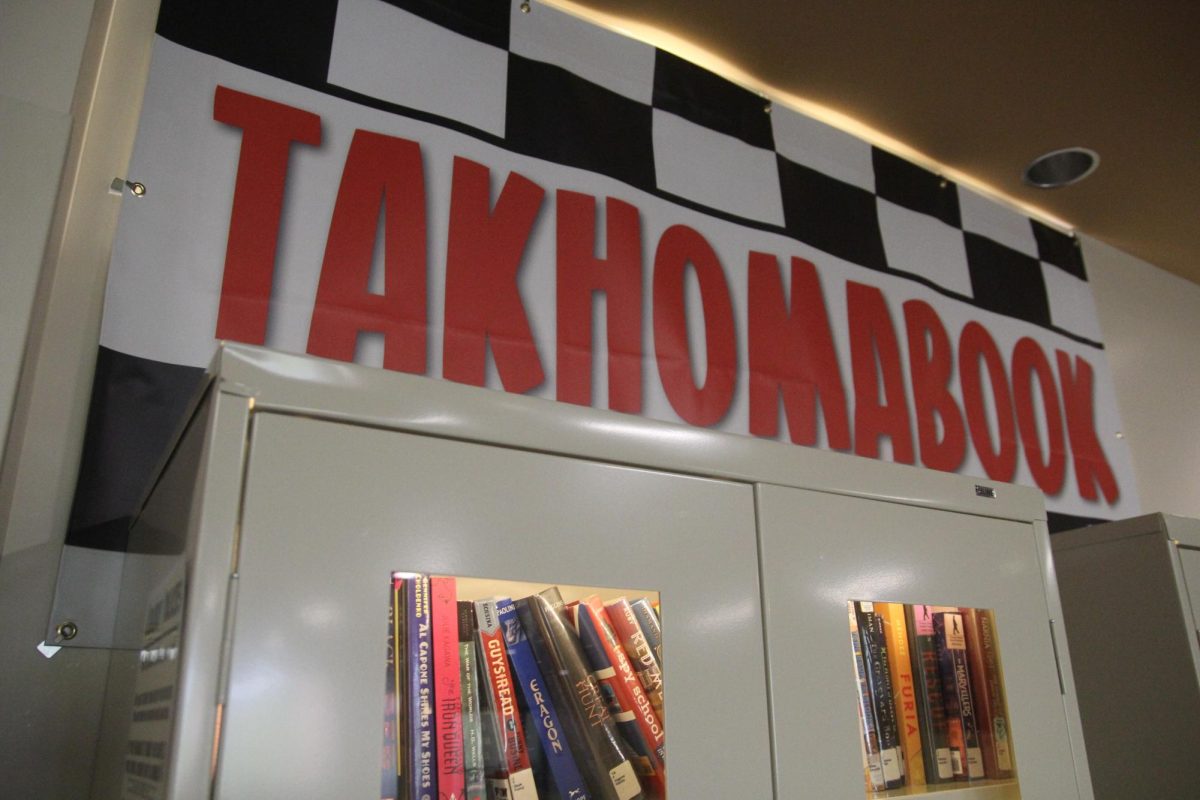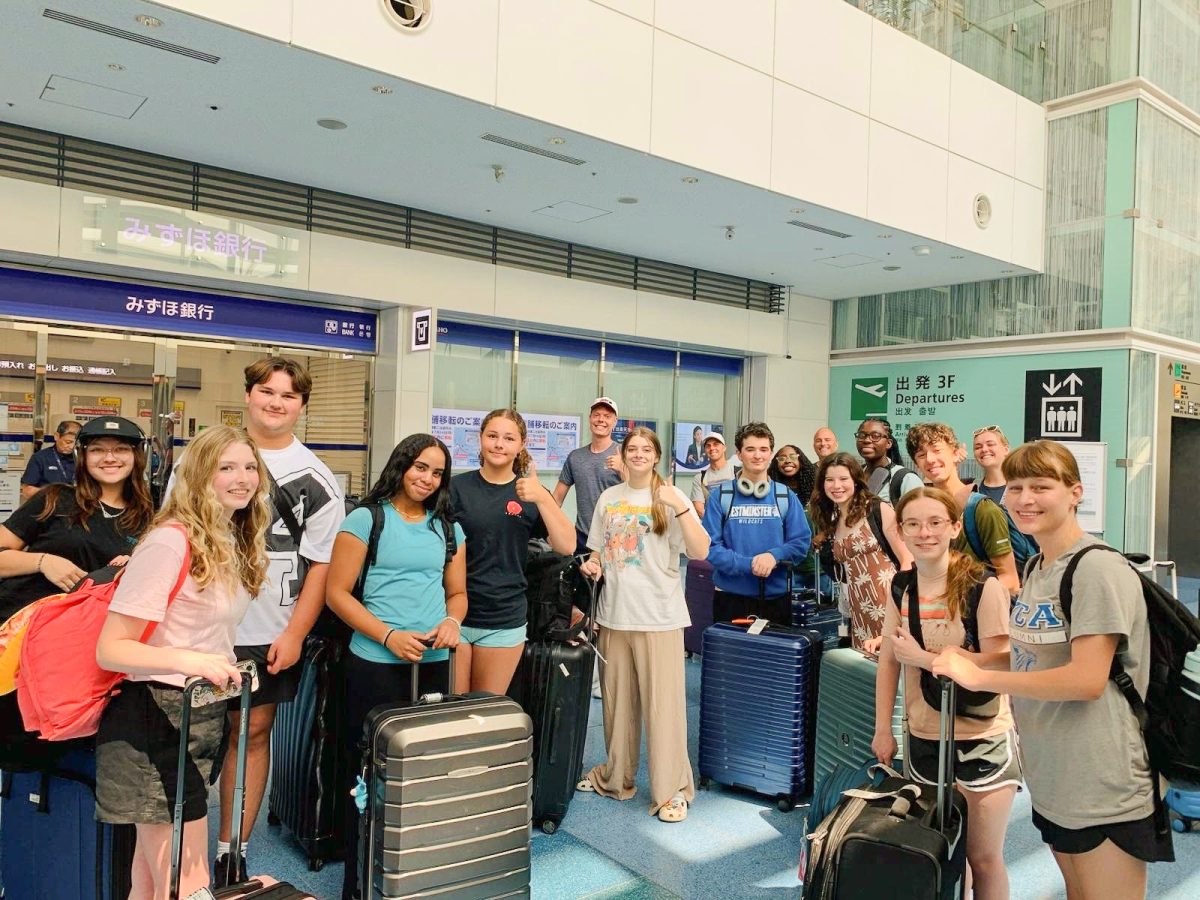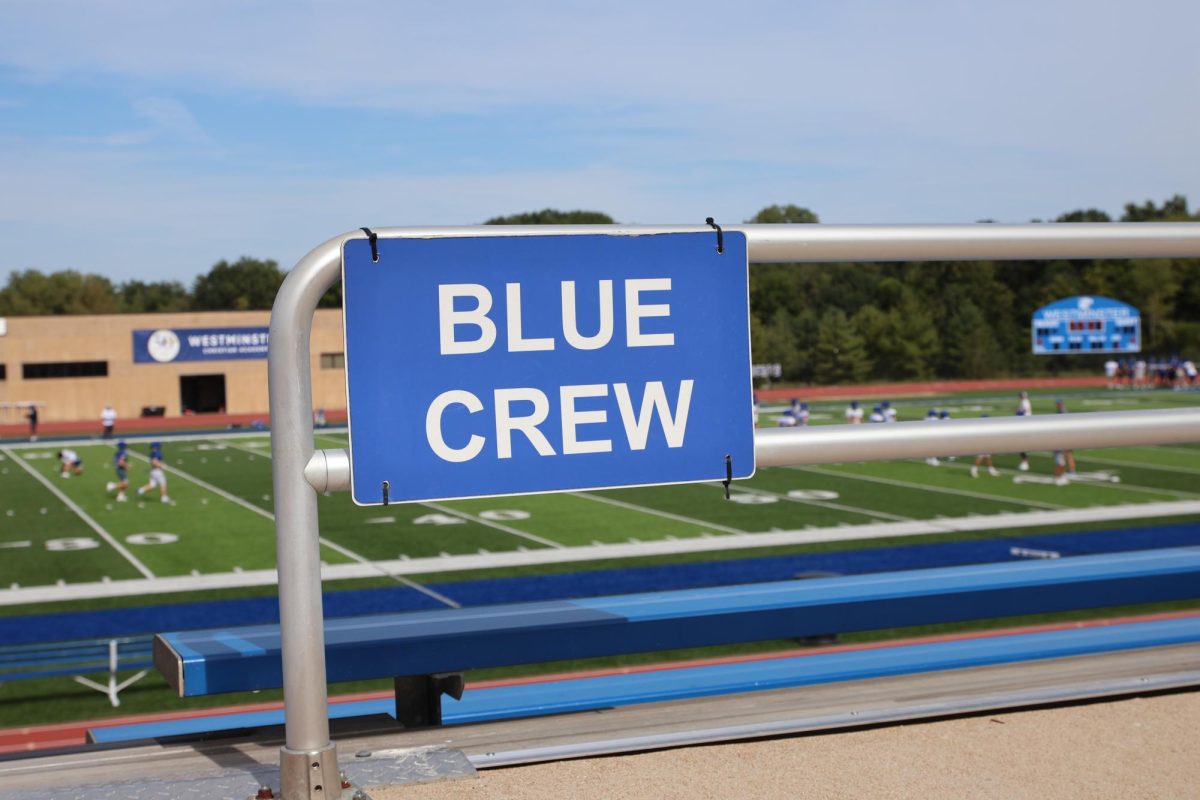Not many people would argue against the opportunity to go on a field trip. Getting out of the classroom is not only fun, but also educationally beneficial.
The enrichment values from any field trip are vital. Even so, field trips in high school are way less common than in elementary school. Part of this relates to the instructional value of hands-on experiences in younger developing minds while a large portion is that in high school students are subject to more rigorous courses that leads to difficulty in missing class time and the difficulty of planning them.
Primarily, field trips emphasize the importance of experiential learning: a process of learning by doing. This allows students to connect classroom experiences and theories to real-world situations.
“I’m a huge proponent of experiential learning and I don’t think that we do it enough. […] We are whole people, created with five senses, […and] it’s interesting how you can learn with your senses,” said Aaron Layton, Coordinator for Minority Community Development & Inclusion and MS Bible Teacher.
Although reading, writing, and memorizing are necessary aspects of a holistic education, oftentimes the importance of other learning methods are overlooked. Every student is a unique and individual person, therefore each student retains information differently so it is important to have different teaching practices.
One way this is seen in Westminster’s education system is through the student’s choice of Problems Based Instruction (PBI) or Direct Instruction (DI) math courses. The main difference between these two is simply the approach to classroom instruction. Typically, in a PBI class students engage in more group work and use a conversation approach whereas in a DI class students receive more formal instruction oftentimes utilizing note packets.
While some students may succeed in a DI class, others might not learn as well with notes and need to take a different approach. In this regard, WCA excels in offering different learning styles for students to choose. Although this is one of the most prominent areas in which experiential learning can be clearly seen, only a handful of other classes offer similar experiences.
“I think you learn by trial and error […] I feel like that’s how the world works. Learning is by doing and just having natural consequences,” said Emily Dierking, US Visual Arts Teacher.
Both visual and performing arts classes provide a unique opportunity to foster real life skills that are tangibly seen. Being able to tap into creativity and acting on it helps not only in the classroom, but shapes the mind. It opens up acceptance to new perspectives and a willingness to try new things.
“[Field trips are] a way just to get outside of these walls with the skills that we’re developing in class. […] Choir is interesting because you’re performing on a stage but you’re not by yourself and so [field trips are a] nice way for people to get over something like stage fright or get used to being in front of people […] because you’ve done it enough times that it feels comfortable,” said Allen Schwamb, Department Chair for Performing Arts.
Allowing specific time to further develop and nurture skills also helps students become more confident in themselves. Confidence helps students thrive academically. A study conducted by the National Education Association “found that regardless of gender, ethnicity or socioeconomic status, children who take school trips have better grades (59%), higher graduation rates from high school (95%) and college (63%) and greater income (12% higher annually).”
“[When] you go in with your body somewhere, and you get to experience how the idea plays out, you make the connection between the classroom and the outside world and see how this stuff actually has relevance,” said Chris Knerr, US History Teacher.
These experiences give students a memory to connect school matter to allowing for better recall and understanding in the future. This speaks to the increased engagement and knowledge on any given subject.
“Whatever subject it is, if you go and see and experience it, you can speak to it a little more and I think it’s very powerful,” said Layton.
Again, having first hand experience on a topic builds confidence and engagement. This then helps all students, regardless of their preference because the groundwork learning is cultivated.
All in all the benefits of a field trip are seen in the enhancement of the quality of the education the student receives. The engagement students foster from the excitement of hands-on experiences are unmeasurable.
As you think about your classes for next year, you could maybe consider taking a class with a more “unconventional” or even one that typically takes a field trip or just gets out more. At WCA, such classes include:
- Visual and Performing Art Classes
- Race and Culture
- Newspaper/Broadcast/Sporting
- Pawprint



